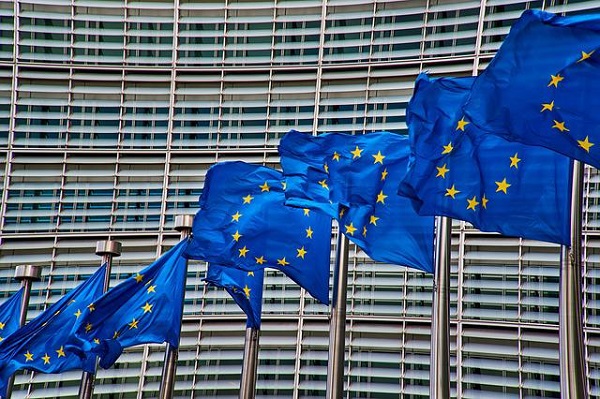
Luxembourg's Ministry of the Environment, Climate and Biodiversity has reported that Minister Serge Wilmes participated in the meeting of the "Environment" Council of the European Union in Brussels on Monday 25 March 2024.
The Environment Council meeting began with an exchange of views on the European Commission's communication on the European Union's climate objective for 2040 as well as on the management of climate risks.
Based on the objective of a net reduction in emissions of at least 55% by 2030 (compared to 1990), set by the European Climate Law, and with a view to achieving climate neutrality by 2050 at the latest (also enshrined in this law), the Commission has recommended a net reduction in EU greenhouse gas emissions of 90% by 2040 compared to 1990 levels.
According to the Commission, all the main sectors emitting greenhouse gases will have to contribute to reduction efforts. In particular, fossil energy consumption is expected to decrease by around 80% by 2040 compared to 2021.
In addition to the many co-benefits of climate action, the environment ministers highlighted the need for a predictable framework for action for both businesses and citizens. While expressing his support for the 90% reduction objective proposed by the Commission, Luxembourg's Minister of the Environment, Climate and Biodiversity, Serge Wilmes, stressed that the climate transition will only succeed if the competitiveness of European industry is guaranteed: "We need a global playing field which puts European industry in the broad sense on an equal footing with its competitors."
Moreover, Minister Wilmes insisted that equity, solidarity and social policies must remain at the heart of the transition, which must be a "just" transition. Regarding the energy aspect of this discussion, the minister said that "we will have to focus on technologies and measures that can be implemented quickly and which will make it possible to achieve emissions reductions during this crucial decade and a half between now and 2040." He specified that we must build on the commitment made by 124 countries at COP28 in favour of renewable energy and energy efficiency.
The ministers also held a policy debate on the Commission's proposal to revise the Waste Framework Directive with regard to the introduction of legally binding targets for reducing food waste and the introduction of a mandatory and harmonised Extended Producer Responsibility (EPR) scheme for textiles.
During his speech, Minister Wilmes recalled that Luxembourg has promoted voluntary measures in the fight against waste at the national level for several years. He expressed his belief that in general the proposed reduction objectives are achievable and that Luxembourg "will continue to contribute to the sustainable development objective on the reduction of food waste".
Regarding textiles, Minister Wilmes welcomed the proposal for the compulsory establishment of a specific EPR sector. He said it was important to highlight and strengthen the role of social entities in the social economy. Regarding financing, he expressed his belief that eco-modulation is appropriate to take into account the higher environmental cost of certain practices such as "super fast fashion".
Moreover, the ministers held a policy debate on the Commission's proposal to prevent the loss of plastic pellets into the environment. The proposed regulation aims to further reduce microplastic pollution by specifically addressing unintended releases of microplastics resulting from the handling of plastic pellets. Minister Wilmes welcomed the Commission's adoption of the proposal which is complementary to the rules on intentional releases of microplastics which are covered by the so-called REACH legislation. In a broader context, the minister also recalled the links between the proposal and the ongoing discussions on a global treaty against plastic pollution. He added that he considers that the inclusive approach proposed by the Commission of covering the entire supply chain is appropriate but that clarifications would be necessary in certain areas. The minister said he also considers it appropriate to extend the scope of application to maritime transport.
Concerning the Nature Restoration Law proposal, the ministry noted that, following the adoption of the draft regulation in the European Parliament, the adoption of the file in the Council is in principle only a formality. However, due to lack of a qualified majority, the Belgian presidency was obliged to postpone the adoption of this regulation.
The ministry added that Luxembourg has always shown its support for this regulation, the broad outlines of which can already be found in Luxembourg's national plan for the protection of nature. During his intervention, Minister Wilmes expressed his regret that the file was stuck in the home stretch, and reassured the presidency of Luxembourg's support to achieve the adoption of this regulation as soon as possible.








